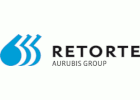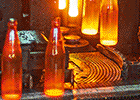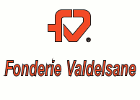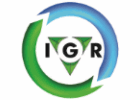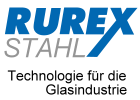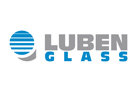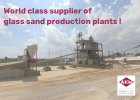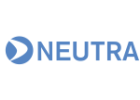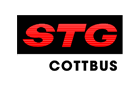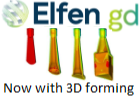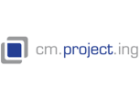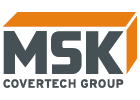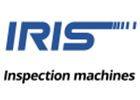404 - Page not found
A página solicitada não pode ser encontrado. A página que você está procurando pode ter sido removida, teve seu nome alterado ou está temporariamente indisponível.
Por favor, tente o seguinte:
Se você digitou o endereço da página na barra de endereços, certifique-se de que ele foi digitado corretamente.
Abra a home page www.glassglobal.com e procure os links para as informações desejadas.
Use a barra de navegação no topo para encontrar o link que você está procurando.
Use o nosso mapa do site abaixo para procurar informações sobre www.glassglobal.com.
Directory
- Lista de vidro
- Listagem Nova / Atualização
- Feiras e Eventos
- Os relatórios científicos
- LIVROS E VIDROS
- Revistas de vidro
- Informaçaos e preços
- Termos de uso
Trade Markt
- Todos os Ofertas e Pedidos
- Somente os pedidos
- Ofertas
- Nova postagem
- Trade Service
- Informaçaos e preços
- Termos de uso
Technology
News
Jobs
currently deactivated
- Todas as ofertas de emprego
- Coloque uma Oferta de Emprego
- Vidro Educação
- Todos os pedidos de emprego
- Coloque um pedido de emprego
- Informaçaos e preços

